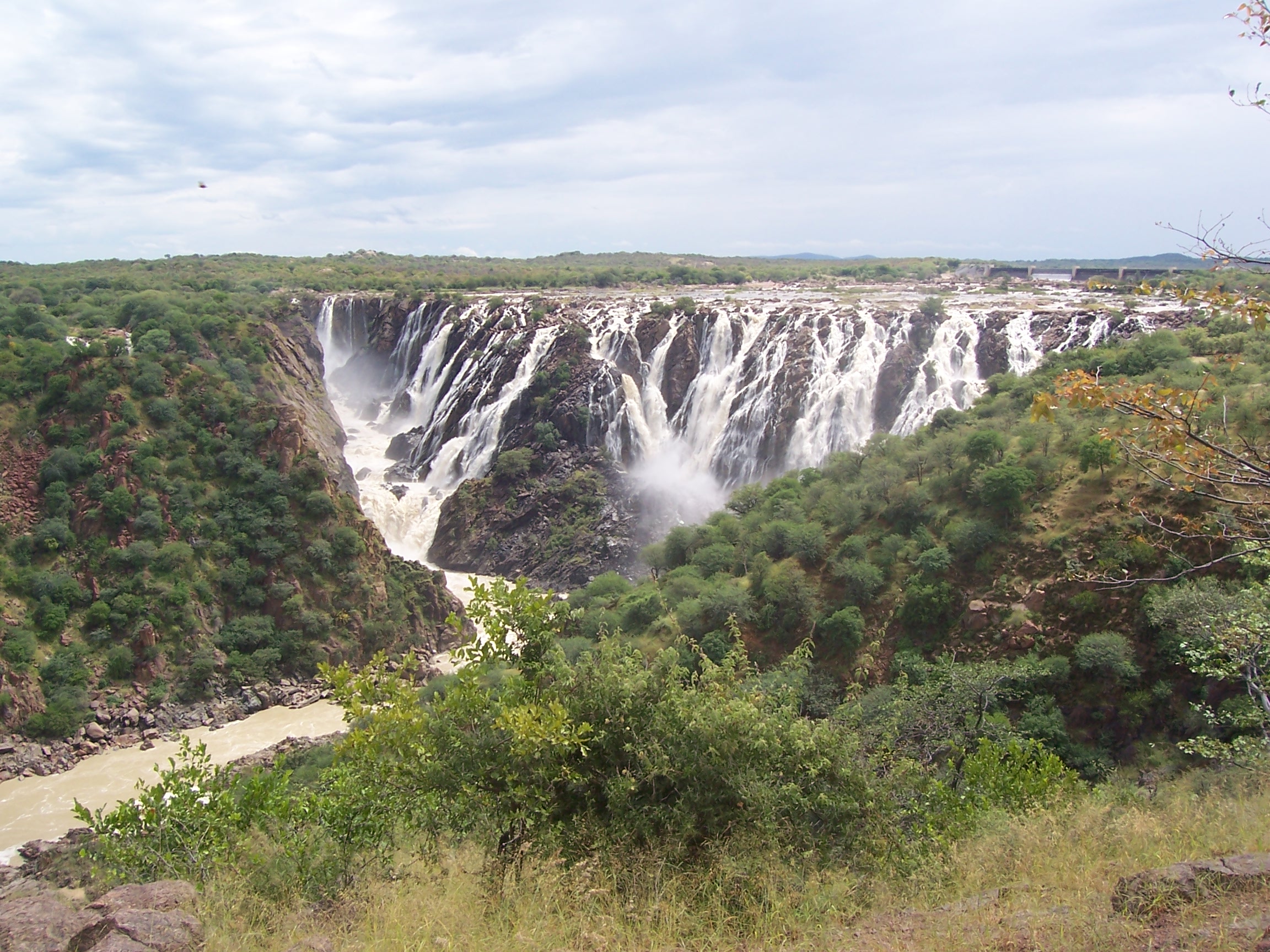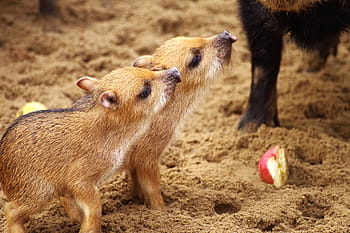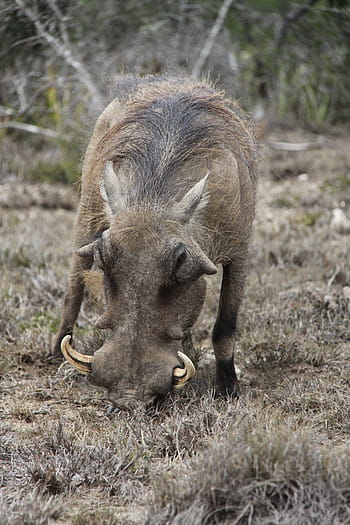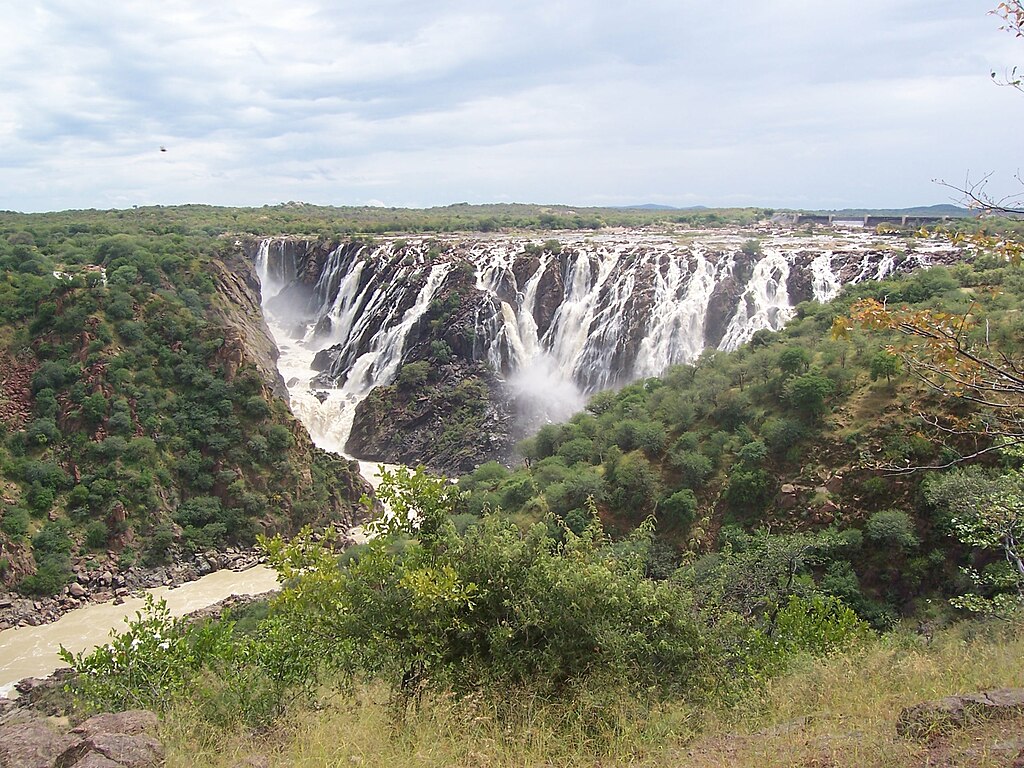Ruacana, Namibia


File:Namibia Ruacana Falls.jpg - Wikimedia Commons
Visit the guide

HD wallpaper: waterfall, epupa, namibia, angola, africa, panorama ...
Visit the guide

1280px-Namibia_Ruacana_Falls.jpg
Visit the guide

Page 2 | Royalty-free wild boar photos free download | Pxfuel
Visit the guide

640px-Namibia_Ruacana_Falls.jpg
Visit the guide

Page 2 | Royalty-free wild boar photos free download | Pxfuel
Visit the guide
File:Himba Herritarrak.JPG - Wikimedia Commons
Visit the guide

Page 2 | Royalty-free wild boar photos free download | Pxfuel
Visit the guide

1024px-Namibia_Ruacana_Falls.jpg
Visit the guide

Page 2 | Royalty-free wild boar photos free download | Pxfuel
Visit the guide
Museums
If you're in Ruacana and interested in visiting museums, I'd suggest checking out the Ovamboland Museum in nearby Ondangwa. It features exhibits on the culture and history of the Ovambo people, as well as information on Namibian flora and fauna. Another option is the National Museum of Namibia in Windhoek, which has a broader range of exhibits covering Namibian history, geology, and biology.
Food
Some of the most recommended and popular dishes among locals in Ruacana and wider Namibia include:
1. Oshifima and Oshikundu: A traditional staple food made from mahangu flour (pearl millet) mixed with water to form a porridge-like texture. It is often served with a sour milk drink called Oshikundu.
2. Kapana: Grilled, skewered meat that is typically sold by street vendors or at open-air markets. Beef is the most common meat used, but game meats like kudu or ostrich may also be available.
3. Potjiekos: A slow-cooked stew made with meat, vegetables, and spices. The dish is traditionally cooked over an open fire in a cast-iron pot.
4. Biltong: Dried, cured meat that is similar to jerky. It is often made from beef or game meats like kudu and springbok.
5. Mopane worms: A traditional snack made from the caterpillar of the emperor moth. The worms are boiled or fried and seasoned with spices. They have a nutty flavor and are rich in protein.
6. Vetkoek: A deep-fried dough bread that can be eaten as a savory or sweet dish. It can be filled with anything from minced meat and cheese to syrup or jam.
These are just a few examples from the diverse range of foods available in Namibia.
Activities
Some fun activities that local people in Ruacana, Namibia enjoy include visiting the Ruacana Falls, exploring the nearby Epupa Falls, going on a wildlife safari in Etosha National Park, hiking along the Kunene River, and participating in cultural tours to learn about the traditions and practices of the Himba people.
